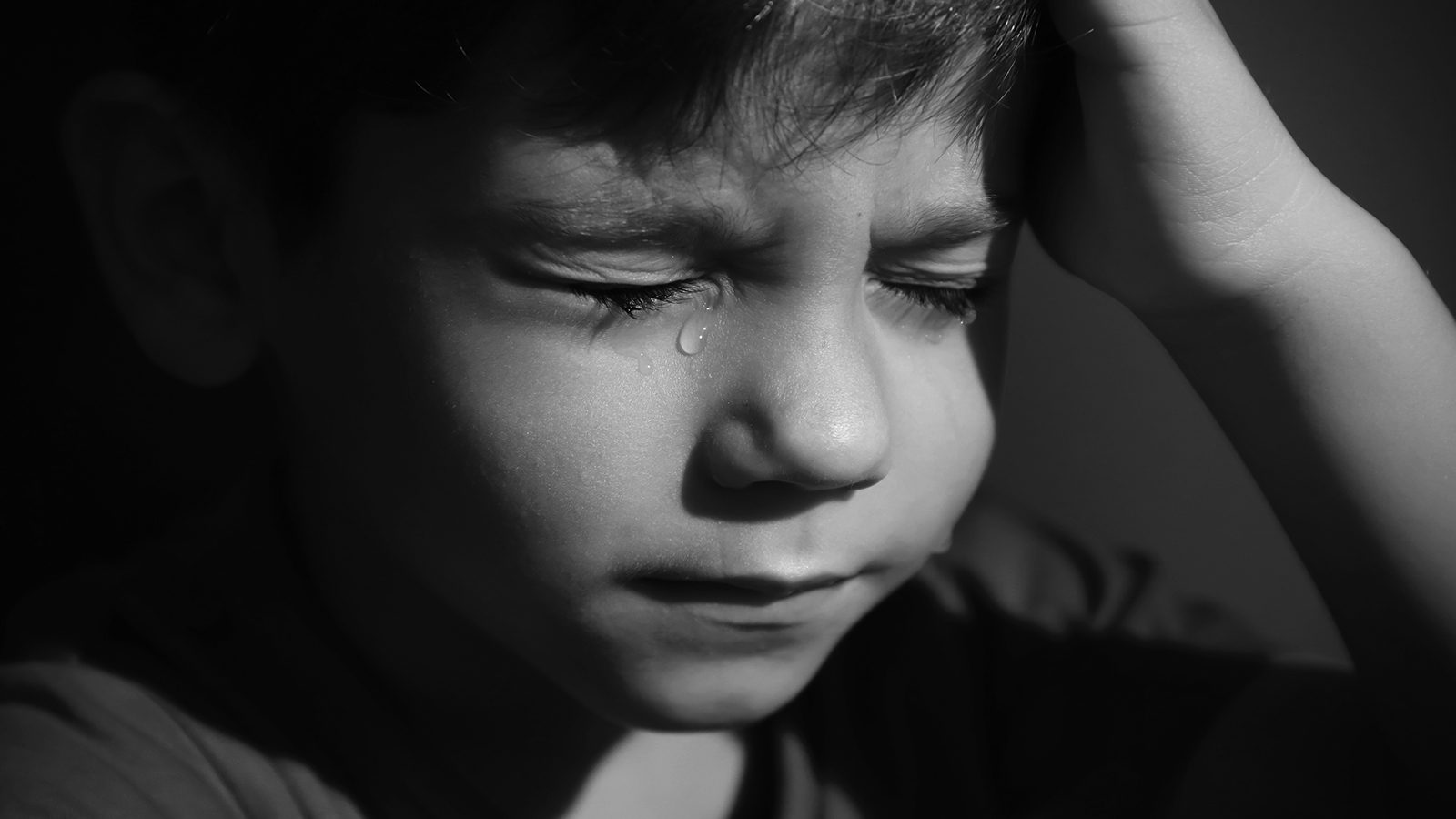The loss of a parent in childhood can cause deep emotional and psychological wounds. Even as an adult, grieving a parent’s death isn’t easy. So, you can only imagine how scared and confused a child would feel.
Sadly, around 5% of children lose their parents before reaching adulthood. The death of a parent in childhood can lead to mental disorders such as anxiety, depression, and suicidal ideation. It also may cause the child to lack an identity since they didn’t have stable parental involvement. Adults who lost parents at a young age recall feeling vulnerable and abandoned.
Dealing with such a life-altering event in childhood may also lead to substance abuse or eating disorders. Others may struggle with personal relationships or struggle in work environments.
Even though losing a parent changes a child’s life forever, it doesn’t mean they can’t adapt. After grieving and processing their feelings, children can lead an everyday, healthy adult life. However, losing a parent undoubtedly impacts young children in profound ways.
5 Ways the Loss of a Parent Impacts Young Children
A 2022 study published in the International Journal of Environmental Research and Public Health analyzed the impact of parental death before adulthood. Researchers hoped to gain valuable insight into how people processed and overcame grief associated with losing a parent. To do this, they conducted in-depth interviews with 14 adults – six men and eight women.
All of them had experienced the loss of a parent at least five years before being interviewed. The average age of the participants when their parents died was sixteen.
Some of the sample questions included the following:
- “How did losing your [Mom/Dad] affect you?”
- “What support did you receive after the loss of your [Mom/Dad]?”
- “How did you come about receiving that support?”
These individual recollections about dealing with parental loss revealed several commonalities. Even though each person had their own story, they all dealt similar emotions and challenges. Below, we’ll review a few of the impacts of losing a parent in childhood.

1. The Loss of a Parent Causes Social Withdrawal.
Many participants said their friends didn’t always provide adequate support after losing a parent. However, children often don’t have experience with death and may not know what to say. For instance, some participants recalled their friends saying they would “feel better in a couple of days.”
If children don’t have a solid support system, it may cause them to withdraw from friends and family. Even if they have people to comfort them, they might still need time to themselves. Losing a parent shocks most children, who often self-isolate due to grief.
Participants remember distancing themselves from friends or suppressing their emotions to deal with parental loss. Some focused more on their studies or travel plans to distract themselves. However, not allowing time for grieving can cause even more psychological pain later.
2. Grieving a Parent Creates a Storm of Painful Emotions.
The parent loss elicits strong emotions ranging from anger to grief to denial. Some children may even feel guilty for their parent’s death, believing they somehow caused it. It can create a heavy burden, especially if the child felt angry or resentful of the parent when they passed.
However, after going through the five stages of grief – denial, anger, bargaining, depression, and acceptance – most participants eventually found peace. Even still, the pain doesn’t completely go away, as healing from the loss of a parent is a lifelong process. For example, graduations, birthdays, marriages, and other significant events may cause grief to reemerge.
3. Losing a Parent Makes Self-Care Difficult.
Many of the participants said that their physical health declined after going through the loss of a parent. Erratic or unhealthy eating habits, difficulty handling basic needs like bathing, and even panic attacks were expected. Some turned to drugs or alcohol to numb the pain of losing their parents.
4. The Grieving Process Can Make Survivors More Resilient.
However, after survivors dealt with and accepted the loss, they felt more resilient when handling challenges. Most participants lost a parent an average of 12 years prior, which gave them time to heal. They recalled being able to deal with situations that others often found unbearable.
In addition, participants felt more grateful for life and had greater awareness of its fleeting nature. Therefore, they lived more fully and authentically, not allowing petty problems to overwhelm them. Some felt closer to their extended families, as loss makes the heart grow fonder.
5. Grieving The Loss of a Parent Changes Everything.
Even if the participants had a stable support system, losing a parent affected their life substantially. Many reported feeling like they grew up too fast or felt responsible for their siblings from a young age. Since they had more obligations than the average child, they often had to suppress their own needs. This caused some to feel stifled or like they had missed out on their childhood.
However, participants also said that losing a parent helped guide their life choices. For instance, they imagine their parents being with them during significant events. Keeping them in mind throughout life allowed them to feel close to their parent, even though they had passed.

Final Thoughts on How Losing a Parent Impacts Children
Losing a parent at any age causes deep feelings of grief and devastation. The person you looked to for support and guidance suddenly isn’t there anymore. As a child, this realization can cause lasting psychological and emotional wounds well into adulthood. However, a study found that children who lost parents at a young age felt more resilient than their peers.
They had to grow up faster and take on more responsibilities, but these problematic experiences strengthened them. Losing a parent also helped them cherish their other family members more.
Finally, the experience allowed them to feel closer to their parent in new ways. They imagined their parent when making important life decisions, which comforted them throughout life.
So, losing a parent undeniably changes one’s life, but it also provides an opportunity for self-growth. Taking enough time to heal and reminiscing fond memories with the parent can help deal with the loss.


















